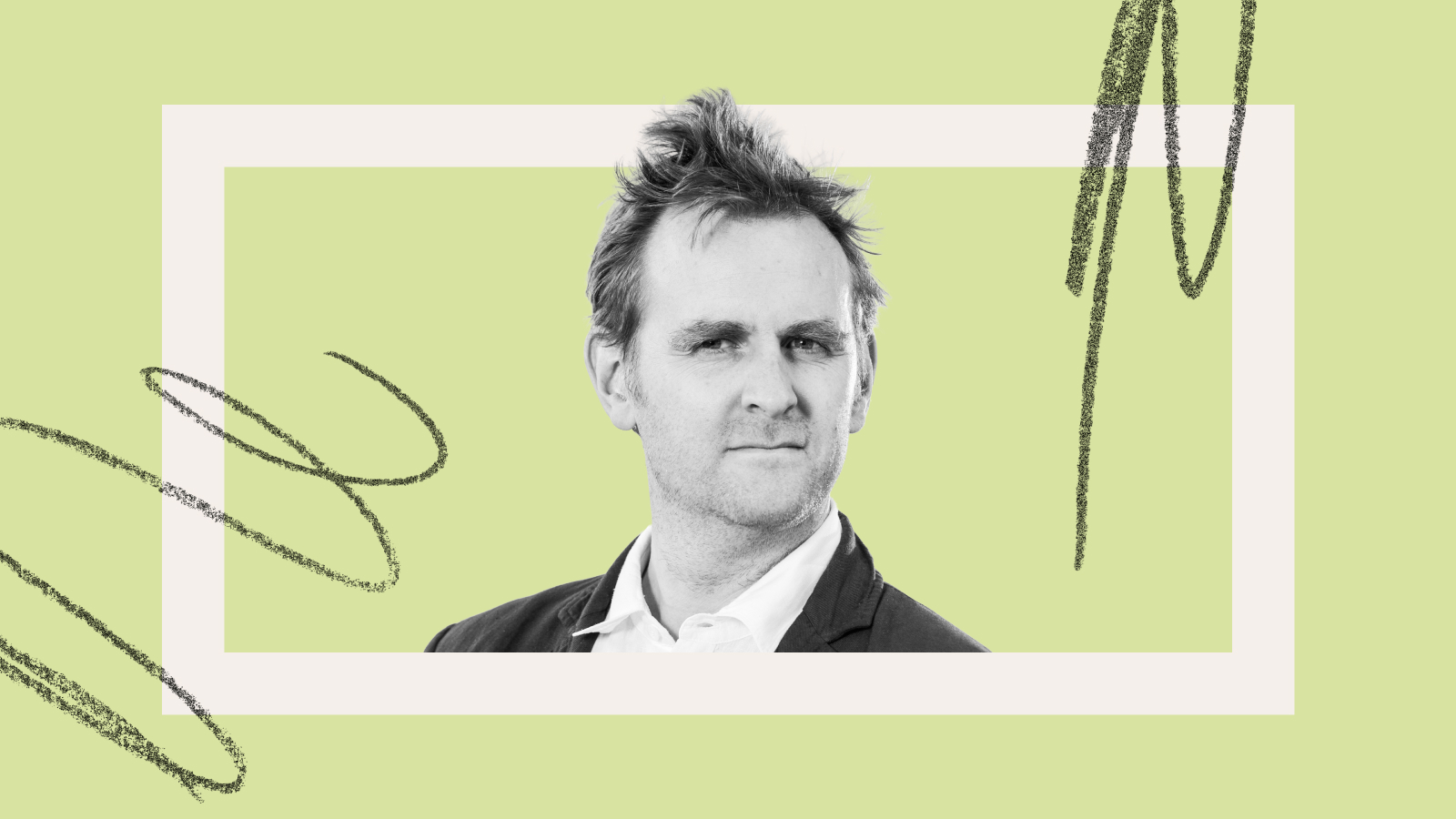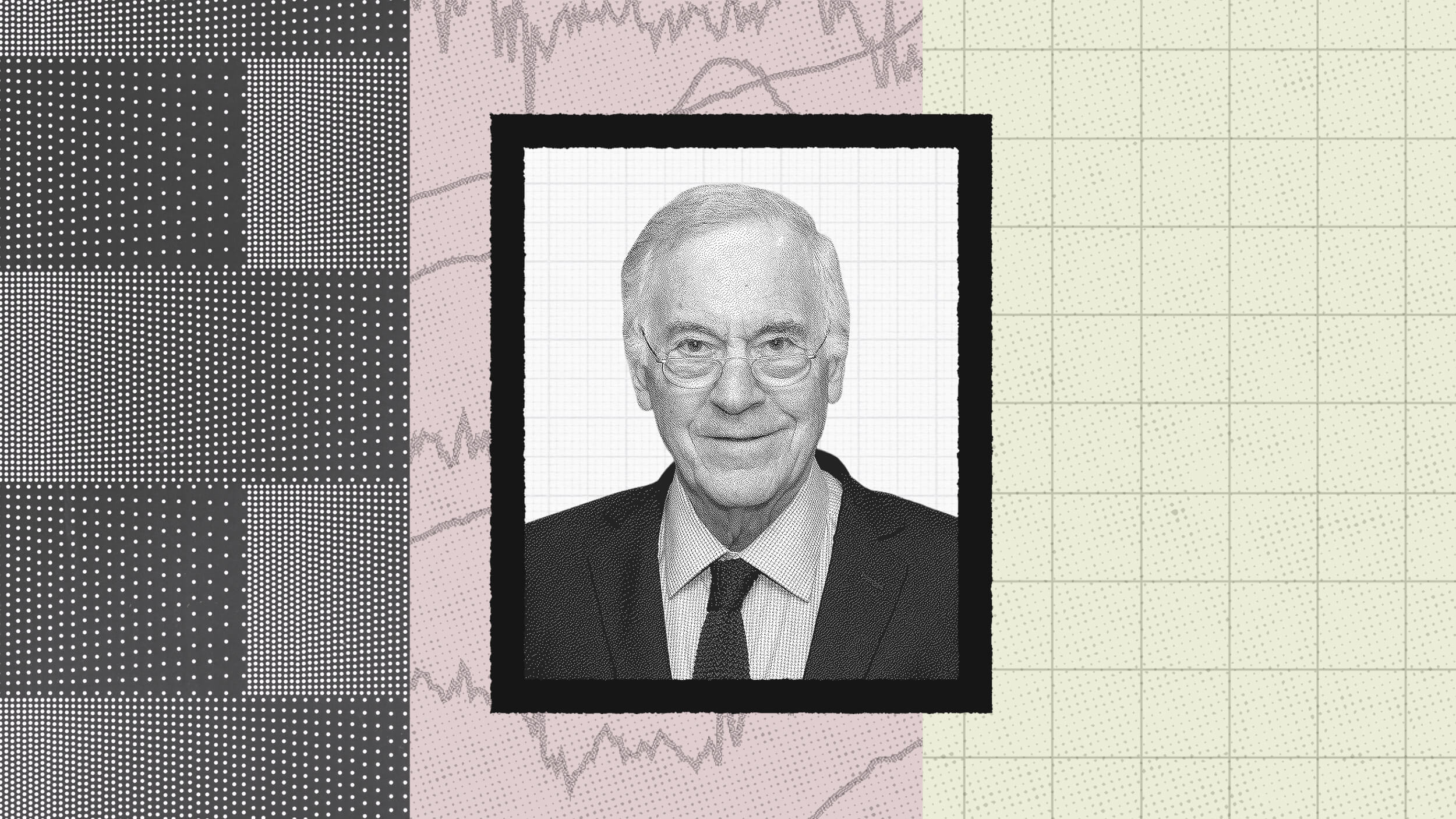Farnaz Fassihi says Pearl’s death marked a turning point in security policy for the WSJ.
Question: Where you in Iraq when Daniel Pearl died?
Fassihi: I was in Pakistan, actually, when Danny got kidnapped. And then, when he was murdered, I was in New Jersey. I was working for the Star-Ledger of Newark, New Jersey. So, as a journalist, that had a huge impact on me particularly because I’ve been there. Just recently, I had reported in Afghanistan and in Pakistan and, you know, it was just horrifying and deeply disturbing, I think. It’s just touched something inside all of us because that had never happened before, that you were targeted solely on the basis of the fact that you were a journalist, and a premeditated kidnapping and murder of an innocent person just because they were doing their job. You know, I think after Danny’s murder, just the level of danger for journalists entered a whole other level, you know?
Question: Did you reconsider going back to war zones afterward?
Fassihi: No, I didn’t reconsider. I mean, it didn’t make me reconsider. I still knew that, you know, the stories had to be told and, I think, when you’re a war correspondent there some level of danger and risk that comes naturally with the job, but the unique thing after Danny’s arrest and also after… In Iraq, was that you were also actively a target, you know, yourself, which wasn’t really the case in previous wars. But I do think the Journal took security much more seriously and they were extremely mindful and, you know, very cautious because of what had happened.





